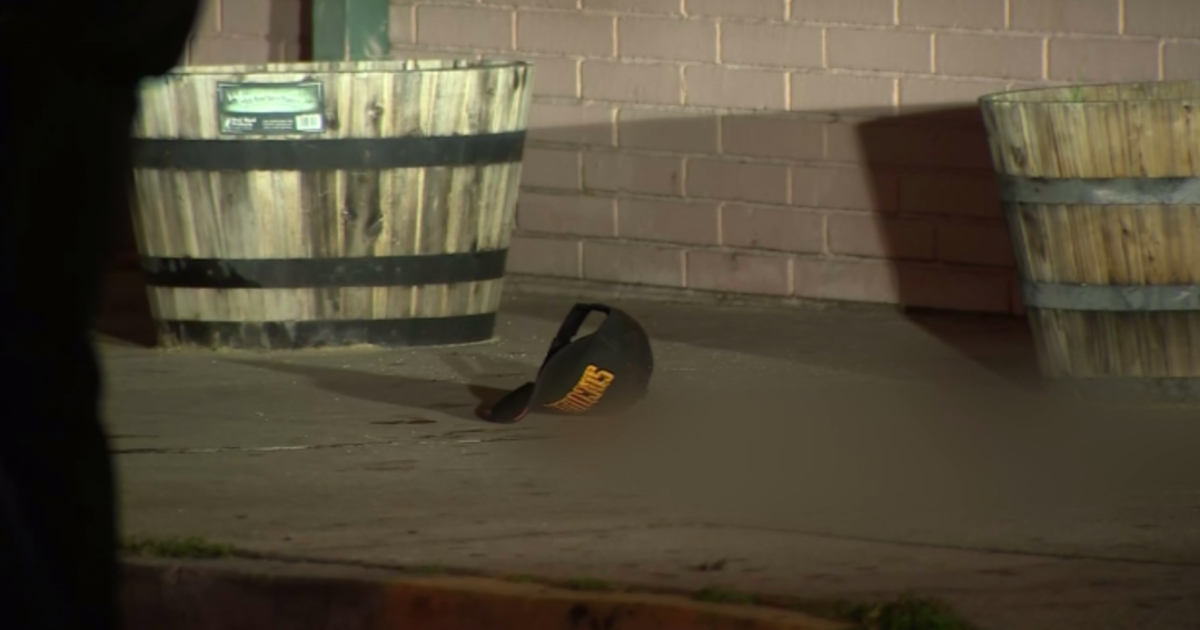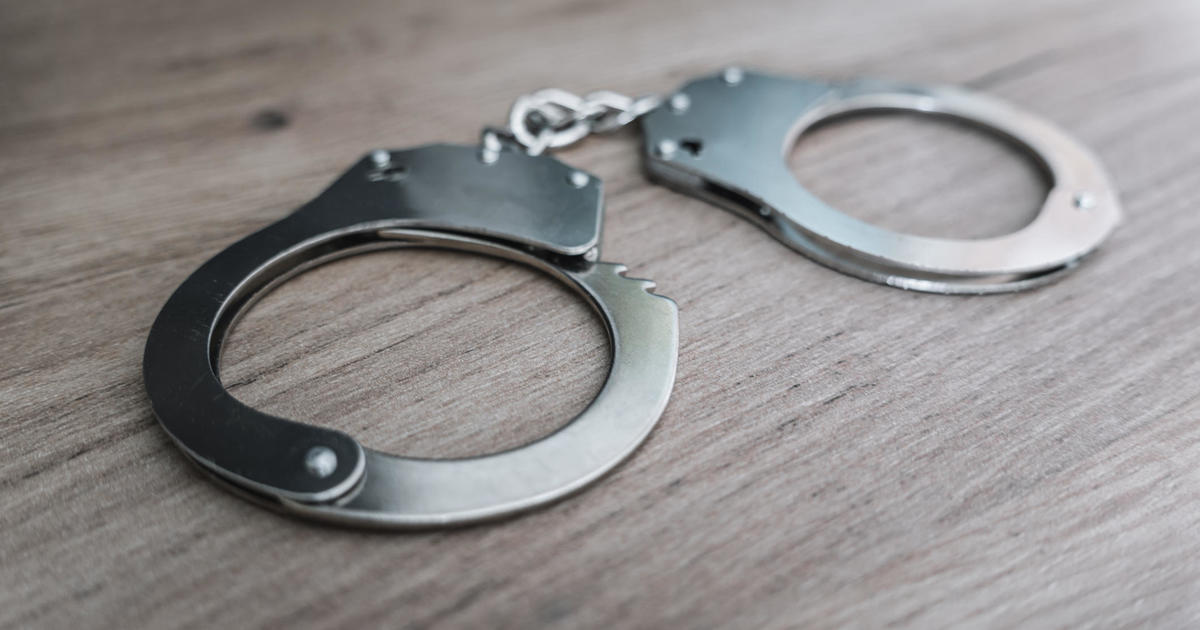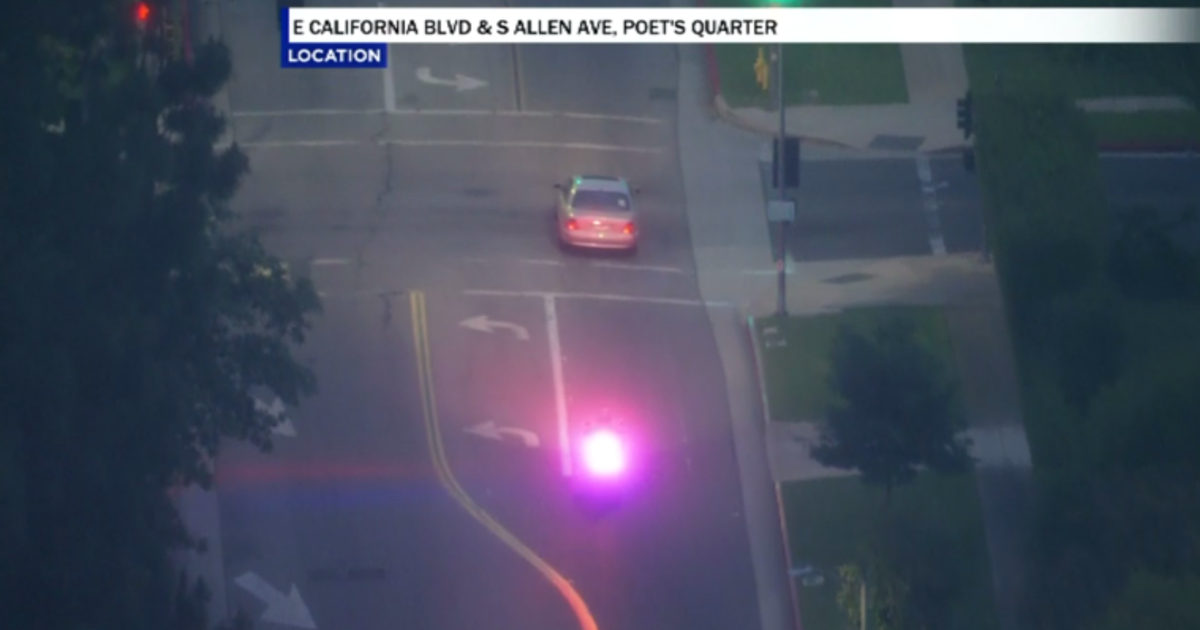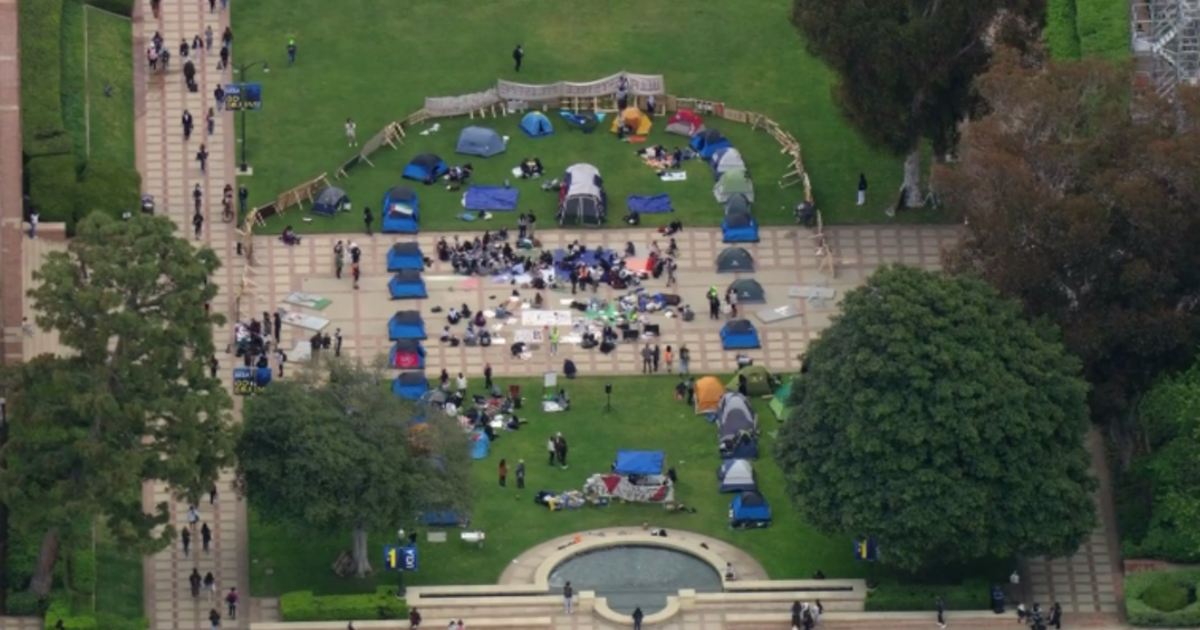Ambulance Crews Told Not To Transport Patients With Low Chance Of Survival
"We're clearly practicing crisis medicine right now and really the principals of triage is to do the most good for the most number of people," said Dr. Marc Eckstein, the Los Angeles Fire Department's EMS Bureau Commander and Medical Director.
"Every hospital is under duress right now, there are no ICU beds...whether it's COVID-related or not," Eckstein said.
Eckstein said the latest directives given to ambulances crews by the L.A. County Emergency Medical Services Agency make a lot of sense given how stretched the health care system is right now.
To reduce demand on hospitals, crews have been advised to not transport patients who have virtually no chance of survival.
"We're not talking about rationing care of who gets resuscitative efforts or not. We're talking about only transporting cardiac arrest victims who had successful resuscitative efforts," Eckstein said.
Ambulance crews have also been told to cut back on their use of oxygen to ease the strain on medical supplies needed for the sickest patients.
Eckstein said the majority of patients who need oxygen are COVID patients with COVID pneumonia.
"Now, if the patient saturation is above 90%, we're telling our EMTs and paramedics don't give oxygen because A, it's not going to help the patient, you just have to be above that threshold at 90%, and B, it's wasting a scarce commodity," he said.
Eckstein oversees the second busiest provider of EMS in the nation, serving a population of over four million. He said they are working with area hospitals and local leaders to make sure their paramedics and EMTs are able to respond to critical 911 calls.
"It's not just COVID, the routine emergencies we respond to on a daily basis, whether it's a car accident, stroke, gunshot victim, heart attack, we have to be able to respond," Eckstein said.



